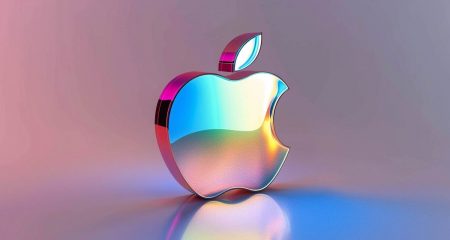
Fitbit, the fitness band maker, has acquired software assets from struggling smartwatch start-up Pebble Technology, a move that will help it better compete with Apple.
The purchase excludes Pebble’s hardware, Fitbit said in a statement on Wednesday.
The deal is mainly about hiring the start-up’s software engineers and testers, and getting intellectual property such as the Pebble watch’s operating system, watch apps and cloud services, people familiar with the matter said earlier.
While Fitbit didn’t disclose terms of the acquisition, the price is less than US$40m, and Pebble’s debt and other obligations exceed that, two of the people said. Fitbit is not taking on the debt, one of the people said. The rest of Pebble’s assets, including product inventory and server equipment, will be sold off separately, some of the people said.
“With basic wearables getting smarter and smartwatches adding health and fitness capabilities, we see an opportunity to build on our strengths and extend our leadership position in the wearables category,” said James Park, CEO and co-founder of Fitbit.
The Pebble fire sale is the result of financial struggles in a smartwatch market that failed to grow as quickly or as large as initially hoped and hyped. Industry shipments slumped 52% in the third quarter, according to research firm IDC, and Pebble cut a quarter of its staff earlier this year.
Apple Watch sales have been lacklustre compared to iPhones, although CEO Tim Cook told Reuters on Tuesday that sales are “off the charts”.
Fitbit has had its own struggles, with its stock slumping 34% on 3 November after the company cut a holiday sales forecast. After years of focusing on fitness wearables, Fitbit got into smartwatches with the introduction of the Blaze this year.
Grabbing Pebble’s software talent and other resources, like its developer relationships, may help Fitbit better compete with Apple’s Watch. Earlier this year, Fitbit acquired assets from payments startup Coin, which could help it add features rivalling Apple Pay, too.
Fitbit shares rose 1,1% to $8,07 at 12.46pm in New York. They’re down 73% this year.
“Pebble will help with certain aspects of development of its own smartwatches, but it’s not seen as a high growth area for investors,” said Nick McKay, analyst at Wedbush Securities. “The bigger question for Fitbit is, is demand for its products sustainable and are we reaching a point where domestically we’re approaching market saturation?”
Fitbit began sending job offers to about 40% of Pebble’s employees in the last week. Most of these are software engineers. Very few Pebble interface designers were offered jobs and hardware teams were not offered positions, the people said. Some staff who didn’t get an offer will be given severance packages, one of the people said.
Pebble’s Migicovsky is planning to rejoin startup incubator Y Combinator as a partner advising early-stage companies on hardware development, people with knowledge of the matter said. Y Combinator’s hardware head recently left, Bloomberg News reported last month.
Pebble announced three new watches in May, the Pebble 2, Time 2 and the Pebble Core. The Pebble 2 has already started shipping to people who funded the start-up through crowd-funding site Kickstarter. The Time 2 and Pebble Core will be cancelled and refunds will be issued to Kickstarter backers, one of the people said.
Following the acquisition, Pebble’s offices will be closed and it will be up to Fitbit to decide whether to still use the Pebble brand, one of the people said. The former Pebble engineers will relocate to Fitbit’s offices in San Francisco, the person said.
The deal will mean the Pebble stock held by employees is worthless, two of the people said. The money will instead go to debt holders, vendors, some of its main equity investors, and Kickstarter refunds for the Time 2 and Pebble Core orders, the people said.
Technology news and analysis website The Information reported on 30 November that Fitbit was near a deal to buy Pebble. — (c) 2016 Bloomberg LP
- Reported with assistance from Selina Wang and Adam Satariano




